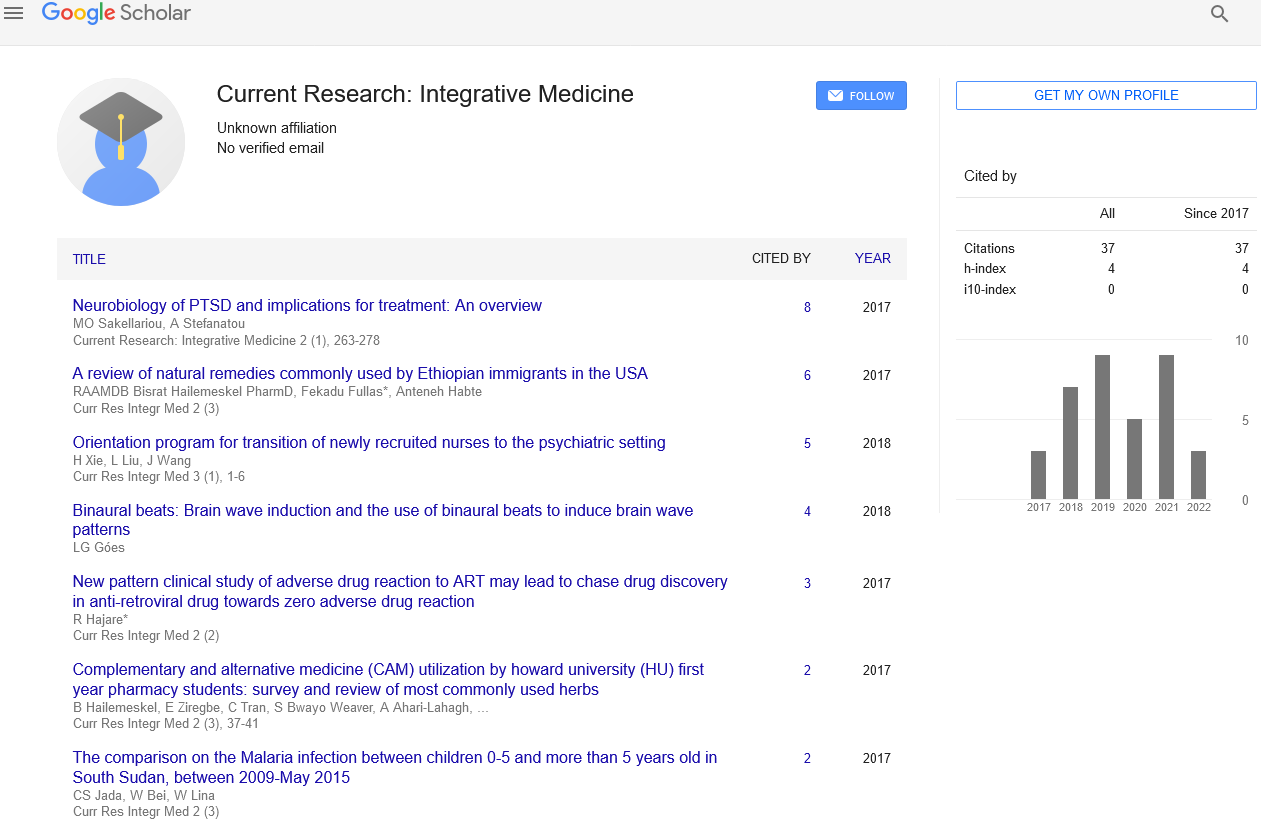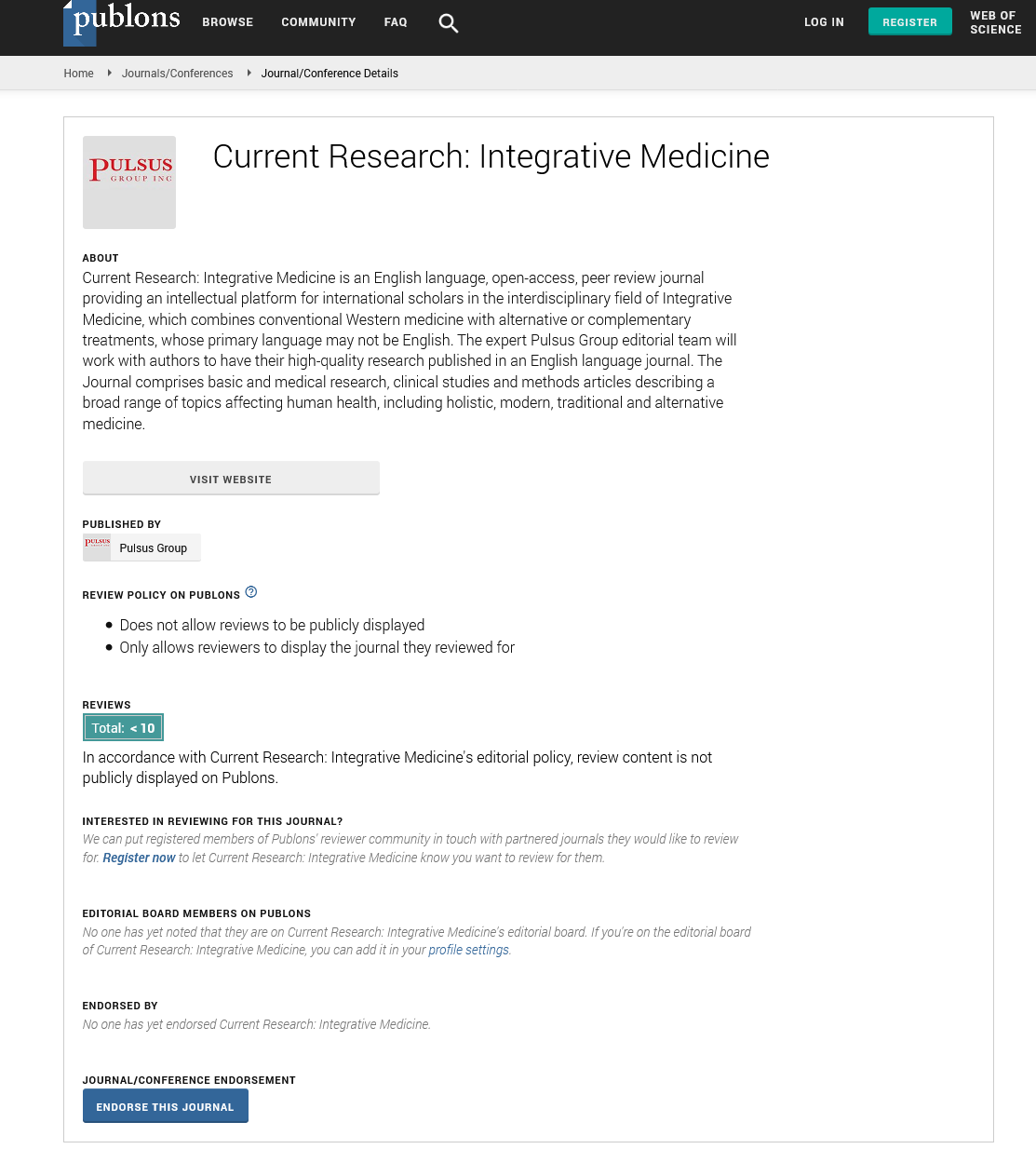The intersection of psychology and counselling: Enhancing mental well-being
Received: 10-Jul-2024, Manuscript No. pulcrim-24-7107; Editor assigned: 10-Jul-2024, Pre QC No. pulcrim-24-7107(PQ); Accepted Date: Jul 25, 2024; Reviewed: 11-Jul-2024 QC No. pulcrim-24-7107(Q); Revised: 11-Jul-2024, Manuscript No. pulcrim-24-7107; Published: 30-Jul-2024
This open-access article is distributed under the terms of the Creative Commons Attribution Non-Commercial License (CC BY-NC) (http://creativecommons.org/licenses/by-nc/4.0/), which permits reuse, distribution and reproduction of the article, provided that the original work is properly cited and the reuse is restricted to noncommercial purposes. For commercial reuse, contact reprints@pulsus.com
Abstract
Psychology and counselling are integral disciplines aimed at understanding human behavior, emotions, and mental health. This article explores their intersection, highlighting how counselling practices rooted in psychological principles contribute to enhancing mental well-being. By examining key theories, therapeutic techniques, and ethical considerations, this article underscores the importance of integrating psychological insights into counselling practices to foster effective interventions and support.
Key Words
Psychology; Counselling; Mental health; Therapeutic techniques; Well-being
Introduction
The fields of psychology and counselling are intertwined, both focusing on understanding and improving mental health. Psychology delves into the scientific study of behavior and mental processes, while counselling applies psychological principles to help individuals navigate challenges, improve relationships, and achieve personal growth. This article explores how these disciplines converge to enhance mental well-being through therapeutic interventions and supportive strategies.
Psychological theories form the foundation of counselling practices, providing frameworks for understanding human behavior and mental health issues. From Freudian psychoanalysis to contemporary cognitive-behavioral approaches, each theory offers unique perspectives on how thoughts, emotions, and experiences influence behavior. Integrating psychological theories into counselling enables practitioners to tailor interventions to individual needs, promoting effective outcomes.
Counselling employs various therapeutic techniques derived from psychological principles to facilitate personal growth and emotional healing. Techniques such as active listening, empathy, and cognitive restructuring empower clients to explore their thoughts and emotions in a supportive environment. By utilizing evidence-based practices, and notable challenges in glioma immunotherapy, with a particular focus on the role played by natural products in this context. The aim is to offer a more effective approach to glioma therapy.
Conclusions
In conclusion, the synergy between psychology and counselling plays a pivotal role in promoting mental well-being and enhancing therapeutic outcomes. By integrating psychological theories, employing effective therapeutic techniques, and navigating ethical considerations, counsellors empower individuals to address mental health challenges and achieve personal growth. The evolving landscape of psychology and counselling continues to shape how professionals approach mental health interventions, emphasizing holistic approaches that consider both psychological insights and individual experiences.
This structure provides a comprehensive overview of the topic, touching on key aspects of psychology and counselling while emphasizing their collaborative role in improving mental well-being.






